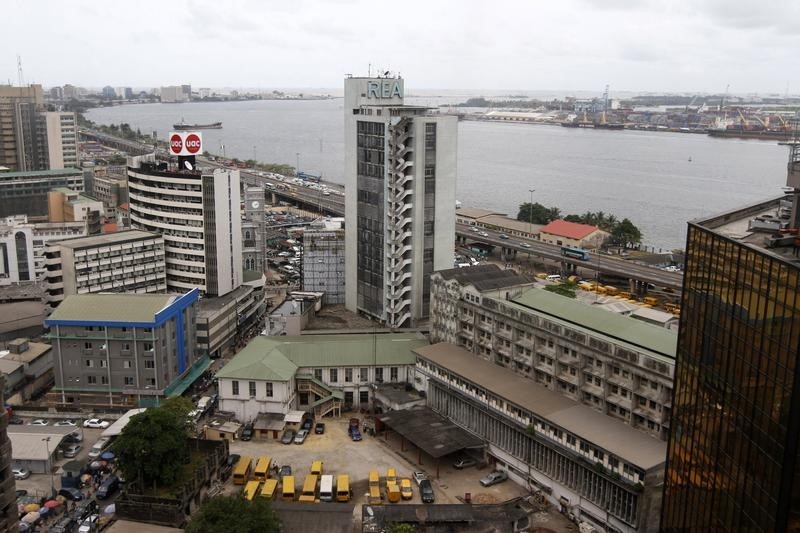Tonix Pharmaceuticals stock halted ahead of FDA approval news
ABUJA, Jan 26 (Reuters) - Nigeria's central bank plans to
bar exporters who fail to remit dollar proceeds home from
banking services by the end of January, its latest attempt to
try to boost foreign exchange liquidity to support its
weakening naira NGN= .
Nigeria has been rationing dollars after devaluing the naira
twice last year on the official market to narrow the gap with
the black market, part of reforms to meet a $1.5 billion World
Bank loan condition, which is yet to be approved.
But dollar shortages have worsened with lower oil revenues.
In December, the central bank eased rules on remittances to
attract more diaspora dollars after the naira crossed 500 on the
black market. The bank has now turned its spotlight on exporters.
"We have been begging ... cajoling ... people who have
exported to repatriate their proceeds," Governor Godwin Emefiele
said during its first monetary policy committee meeting on
Tuesday.
Emefiele said the bank will use its powers to prevent
exporters that fail to comply from banking activities.
The central bank has asked top lender, Zenith Bank
ZENITHB.LG , to ensure that $26.14 million in export proceed is
repatriated by Jan. 31, a letter seen by Reuters on Tuesday
read.
Nigeria is facing dollar shortages brought on after the
coronavirus caused oil prices to crash. This has frustrated
importers and foreign investors unable to repatriate funds.
Exporters have cited the value of the currency on the
official market, where it is trading at 381 naira, a discount of
around 20% to the black market, as a reason for hoarding dollars
or bypassing banks to take advantage of black market rates.
They sometimes conduct trade via offshore accounts.
